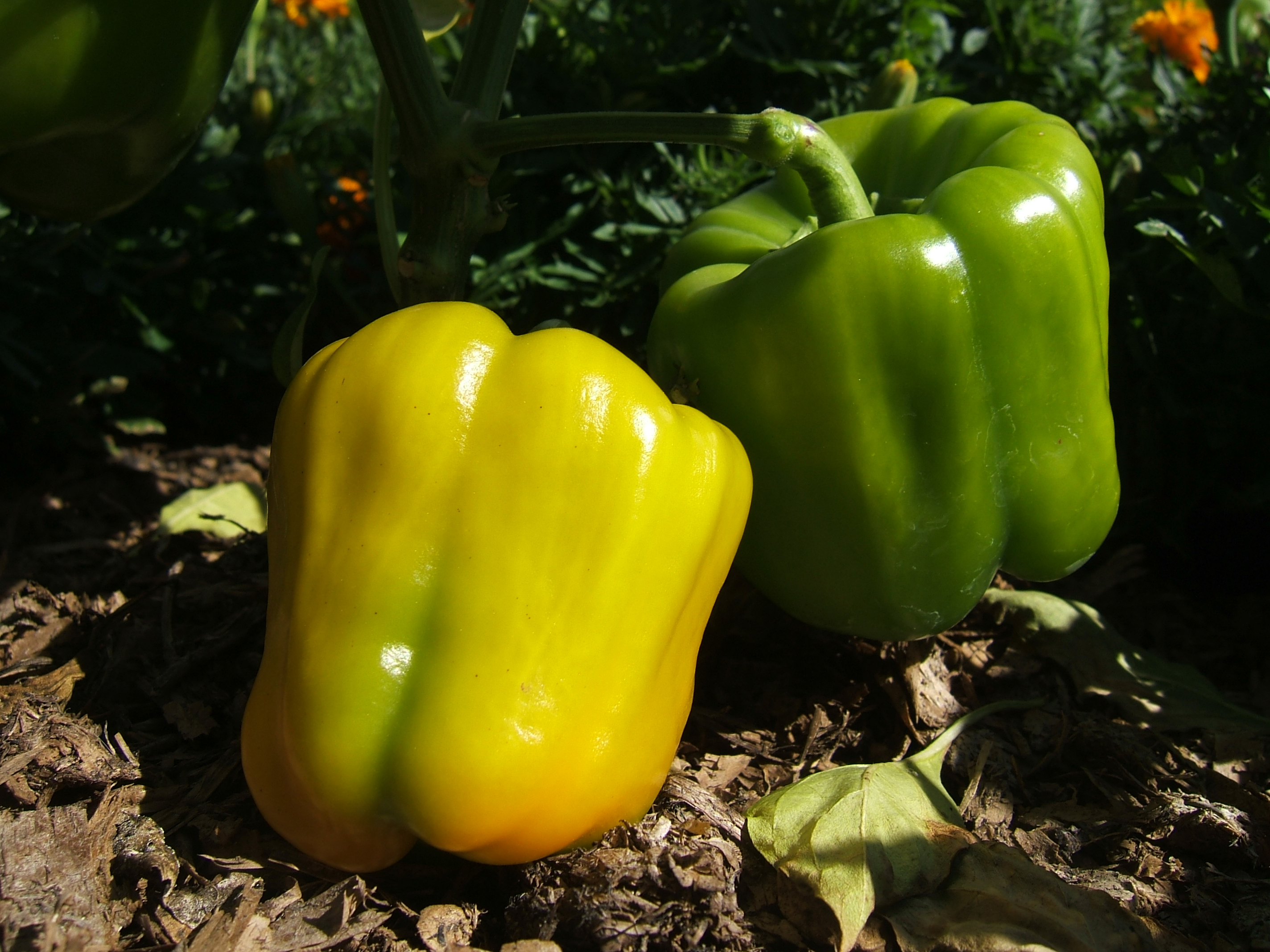Picking the Best Fertilizers for Peppers: Professional Recommendations
Wiki Article
Organic Vs. Synthetic Fertilizers: Which Is Best for Supporting Healthy Pepper Plants?
In the realm of supporting healthy pepper plants, the selection between synthetic and organic plant foods stands as a critical choice with far-reaching implications. While both choices aim to supply important nutrients to support plant growth, the subtleties of their influence on the soil, plant health and wellness, and the atmosphere trigger a debate that echoes throughout the gardening neighborhood. Comprehending the unique benefits and possible pitfalls of each fertilizer kind is vital for pepper farmers looking for to enhance their returns while preserving a sustainable and eco-conscious method.Benefits of Organic Fertilizers
Organic plant foods offer an environmentally-friendly and lasting method to beneficial pepper plants, offering vital nutrients without the use of artificial chemicals. These all-natural fertilizers are originated from organic resources such as garden compost, manure, bone dish, and seaweed, promoting dirt wellness and biodiversity. Unlike synthetic plant foods, natural options launch nutrients gradually, making sure a well balanced and steady supply for pepper plants to flourish.One considerable benefit of organic plant foods is their capacity to improve soil structure and water retention. By improving dirt health and wellness, natural plant foods advertise advantageous microbial task, which aids in nutrient uptake by pepper plants. Additionally, organic plant foods lower the danger of chemical run-off, securing water resources from contamination and securing the environment.
Moreover, organic fertilizers contribute to long-term soil fertility by promoting the growth of beneficial dirt microorganisms. These organisms assist break down raw material, releasing nutrients in a type that is easily accessible to pepper plants. best fertilizers for peppers. By promoting a healthy and balanced dirt ecosystem, organic plant foods sustain lasting pepper farming practices that benefit both plants and the environment
Drawbacks of Synthetic Fertilizers
Artificial fertilizers, in comparison to their organic counterparts, posture various drawbacks when used to nurture pepper plants, impacting both plant health and wellness and ecological sustainability. One major disadvantage of artificial plant foods is their propensity to seep nutrients from the soil rapidly.Additionally, the overuse of artificial fertilizers can add to water air pollution. Excess plant foods not absorbed by plants can wash away into water bodies, resulting in eutrophication, where algae flowers deplete oxygen levels in the water, hurting marine life. Artificial plant foods are usually acquired from non-renewable sources, such as fossil gas, contributing to carbon exhausts and ecological deterioration during their manufacturing.
Nutrient Absorption Comparison
When comparing synthetic and organic plant foods in terms of nutrient absorption, natural fertilizers have the advantage of providing a more balanced and slow-release resource of nutrients. Organic fertilizers include a selection of macro and trace elements that are not only useful for the plants however also advertise healthy soil microbial task, which aids in nutrient uptake.Moreover, natural plant foods improve dirt structure and water retention capability, allowing pepper plants to accessibility nutrients a lot more successfully. This better soil top quality assists in root growth, allowing far better nutrient absorption. Artificial fertilizers, although initially increasing plant growth because of their high nutrient concentrations, might hinder long-lasting nutrient absorption by degrading soil health gradually.
Environmental Influence Factors To Consider

On the other hand, synthetic plant foods, image source although usually more quickly offered and concentrated to plants, can have harmful effects on the environment otherwise used appropriately (best fertilizers for peppers). Their manufacturing needs high energy inputs, bring about greenhouse gas emissions and adding to environment modification. Moreover, the drainage of excess synthetic plant foods can contaminate water resources, resulting in eutrophication and damaging aquatic communities.
Finest Fertilizer Practices for Peppers
To attain this, it is necessary to adhere to ideal plant food methods customized to the certain demands of pepper plants. One critical practice is to execute a dirt test before applying any type of fertilizers.One more crucial technique is to fertilize pepper plants at the correct time. Generally, peppers profit from getting plant food at planting and after read this post here that again when they begin to blossom. Over-fertilizing can result in nutrition inequalities and harm the plants, so it is essential to adhere to advised application rates.
In addition, choosing a well balanced fertilizer with an NPK ratio that matches pepper plants' needs is fundamental. Organic plant foods, such as compost or manure, can be outstanding choices as they release nutrients gradually and enhance dirt structure with time. Artificial fertilizers can give a fast nutrient boost when needed. Inevitably, incorporating synthetic and organic fertilizers deliberately can help support healthy and balanced pepper plants while minimizing ecological impact.
Conclusion

Organic fertilizers provide a lasting and environmentally-friendly strategy to nourishing pepper plants, supplying necessary nutrients without the use of synthetic chemicals. Unlike synthetic plant foods, natural choices release nutrients slowly, making sure Our site a constant and well balanced supply for pepper plants to thrive.
Synthetic plant foods, in comparison to their natural counterparts, pose different disadvantages when made use of to nurture pepper plants, impacting both plant wellness and ecological sustainability. When contrasting natural and artificial fertilizers in terms of nutrient absorption, organic fertilizers have the advantage of supplying an extra well balanced and slow-release source of nutrients.In addition, organic plant foods enhance dirt structure and water retention ability, enabling pepper plants to gain access to nutrients extra effectively.
Report this wiki page